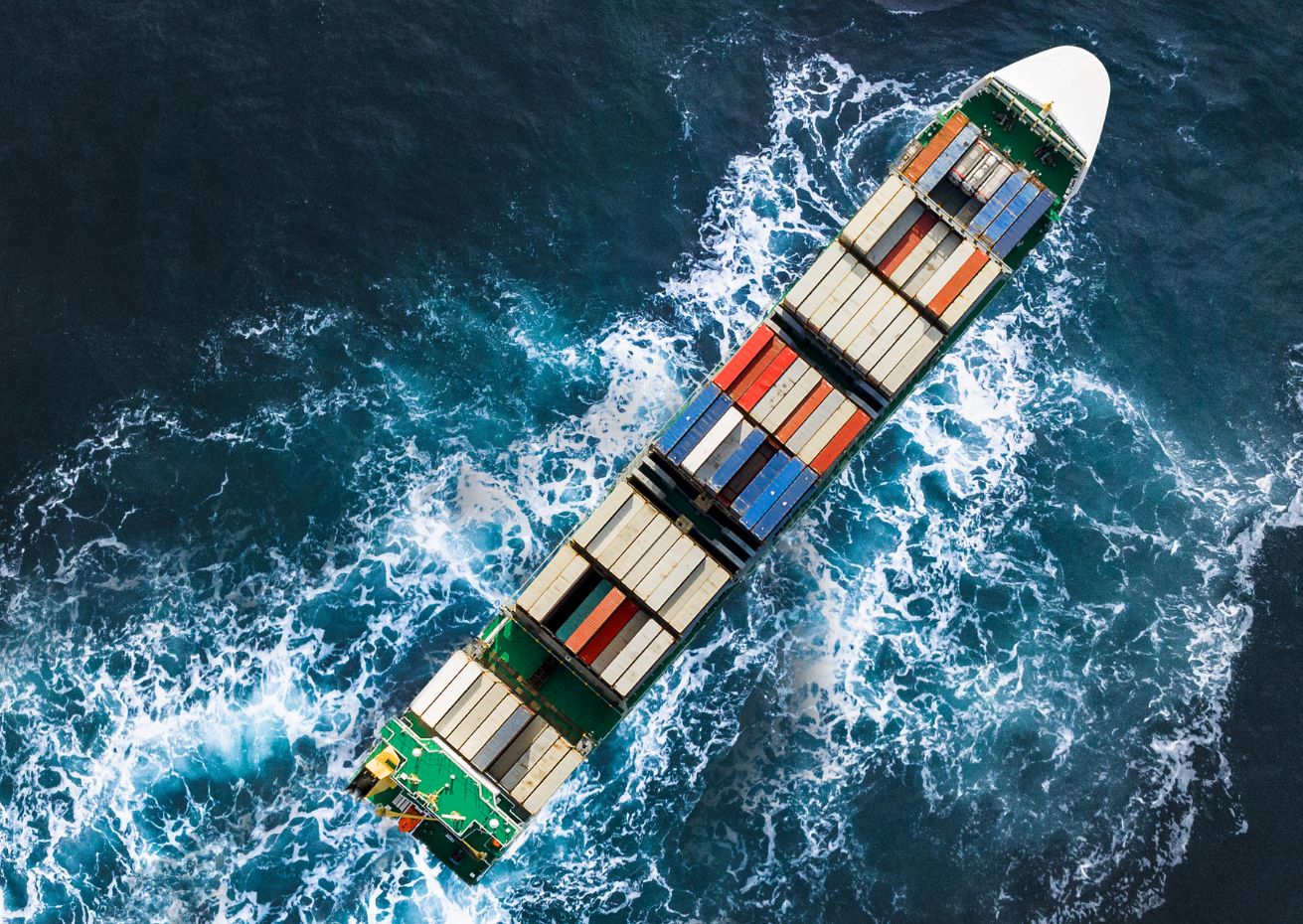
A pioneering facility in Mannheim has begun converting wastewater into climate neutral methanol, a renewable energy that could revolutionize the shipping industry. This bold initiative uses biogas from sewage, purifies it, and combines it with green hydrogen to create methanol, a fuel that can be used in ships.
“This is an innovative approach that shows how available resources can be used in a smart and climate friendly way,” said Prof. Thomas Hirth of Germany’s Karlsruhe Institute of Technology, the team behind the project.
The potential is enormous. Hirth and his colleagues believe this technology could become a game changer, offering a solution to one of the most difficult to decarbonize sectors: shipping. The shipping industry accounts for around 3% of global emissions, and this method of producing fuel could help cut down that impact dramatically.
While the concept is revolutionary, challenges remain, most notably the high cost of producing green hydrogen. However, with approximately 80,000 sewage treatment plants across Europe, the amount of wastewater available for conversion is vast, offering huge potential for scaling the technology.
As this test plant in Mannheim continues to prove its viability, it could serve as a blueprint for countries and companies worldwide, showing how we can turn waste into a valuable resource while protecting the planet.
Photo by Kesu01 from Getty Images
